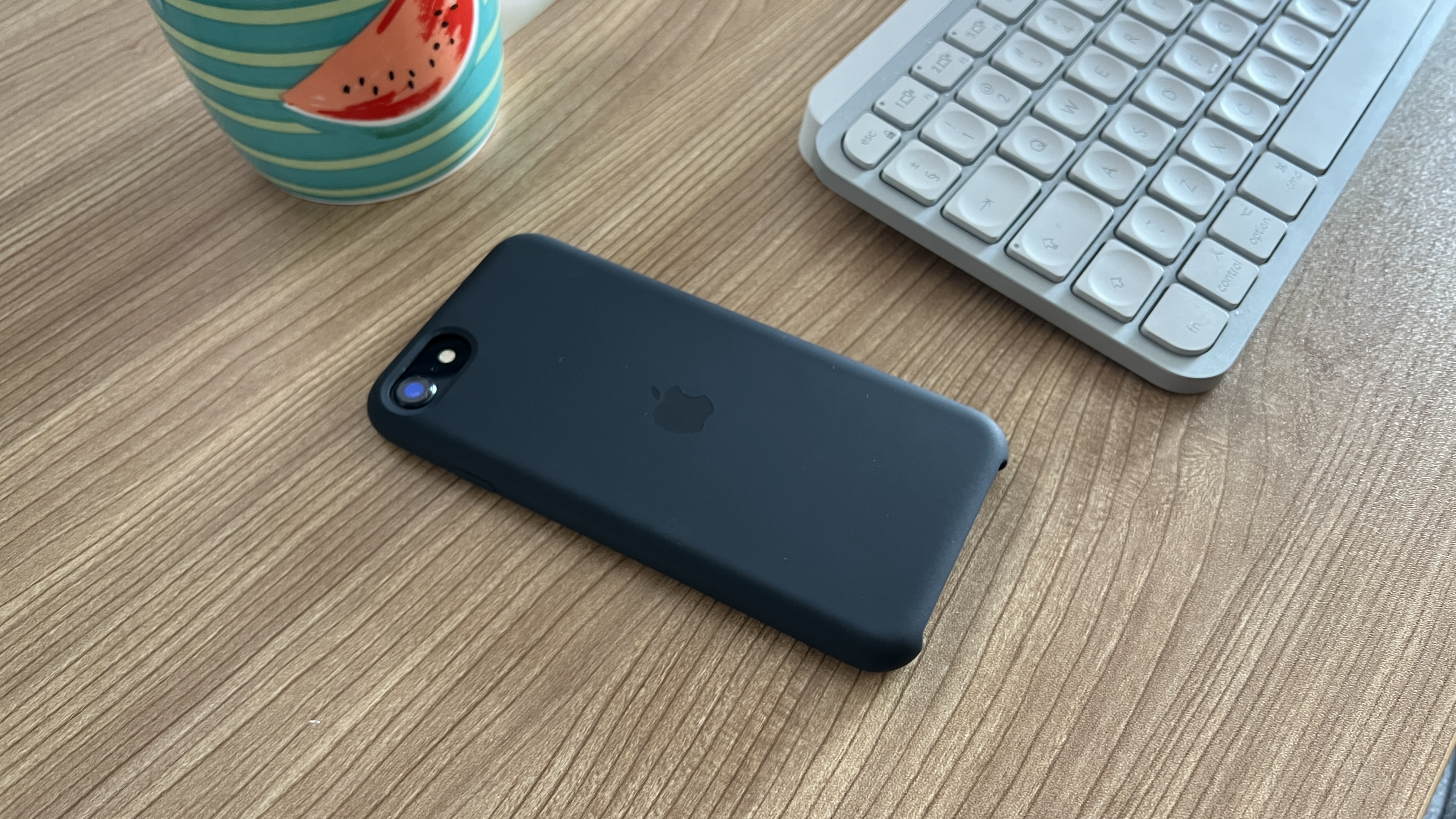Don't worry: iPhones won't necessarily be harder to buy, despite factory closures
Don't listen to naysayers

It's human nature to panic-buy, and even more so these days, given what store shelves looked like for the first half of 2020. But right now there's no reason to worry about a shortage of iPhones and iPads, despite new Covid restrictions affecting manufacturers in China.
Concerns have been raised because one of the key iPhone manufacturers has temporarily shut down production in two of its Shanghai factories in the wake of stricter Covid rules in China (as reported by the BBC).
Factories producing MacBooks and iPads have also been affected by the changing lockdown rules in Shanghai (local lockdowns are actually easing, but the Chinese government has introduced new measures that are affecting factories).
But while Apple gadget production will be affected by these changes, you don't need to panic-buy a new iPhones or iPad just yet – here's why.
Production is not the same as availability
In the complex and chaotic world that we call home there's rarely a truly direct correlation between cause and effect. And just because fewer iPhones are being made, that doesn't mean fewer will go on sale.
It's something a reliable Apple analyst actually discussed a few days ago, when it emerged that Shanghai factories were winding down production.
Ming-Chi Kuo, who we hear lots from in the Apple rumor world says that iPhone production won't properly begin again until the end of April or the beginning of May, which sounds worrying – but it doesn't matter.
Get daily insight, inspiration and deals in your inbox
Sign up for breaking news, reviews, opinion, top tech deals, and more.
Shanghai lockdown doesn't affect the iPhone SE production. However, the new iPhone SE demand is lower than expected (the delivery status "in stock" as one of the proofs), and I cut my shipment estimation in 2022 to 15-20M (vs. 25-30M previously).March 28, 2022
In the above tweet Kuo pointed out that demand for the new iPhone SE (2022) is way down on expectations – the analyst himself cut his sales prediction down by a whopping 10 million, or a third of what was expected.
So the unpopularity of the new iPhone SE means that there are plenty of them sitting around, waiting to be bought.
Apple's supply chain
(1/4) China's COVID-19 lockdown is starting to affect iPhone assembly. Pegatron, the 2nd largest iPhone EMS, has already halted assembly in Shanghai & Kunshan. In the best-case scenario, complete resumption of production may not be possible until late April or early May. https://t.co/KRviniJohqApril 11, 2022
As one of the biggest tech companies in the world, especially in the hardware business, Apple has a massive supply chain.
That does mean it's more prone to being affected by various world events, but it also means it's got lots of contingency plans for if things fall apart.
As Kuo says in another tweet, "Apple has the best supply chain management capabilities", and the analyst emphaised that "Foxconn, the largest iPhone EMS [electronic manufacturing service] has not been affected and can partly fill the near-term supply gap." In this case, Kuo says, iPhone supply will be "short-term & limited".
Of course, it's impossible to peer into the far future to see what iPhone supply will be like in a few months' time, and Kuo says the second half of the year could see more supply problems if production doesn't ramp back up soon enough.
But if you're considering panic-buying an iPhone or iPad, you need to bear in mind that possibilities and potential problems aren't set in stone. You don't want to rush to your local Apple store to buy an iPhone, only to see them readily available later in the year (or even reduced for Amazon Prime Day).
In the near future, iPhones will still adorn store shelves. And if there is more of an impact later in the year, you'll get fair warning – although it might convince you that, instead of buying a new phone, you should check out our iPhone tips and tricks to get some more mileage from your old device.

Tom Bedford joined TechRadar in early 2019 as a staff writer, and left the team as deputy phones editor in late 2022 to work for entertainment site (and TR sister-site) What To Watch. He continues to contribute on a freelance basis for several sections including phones, audio and fitness.